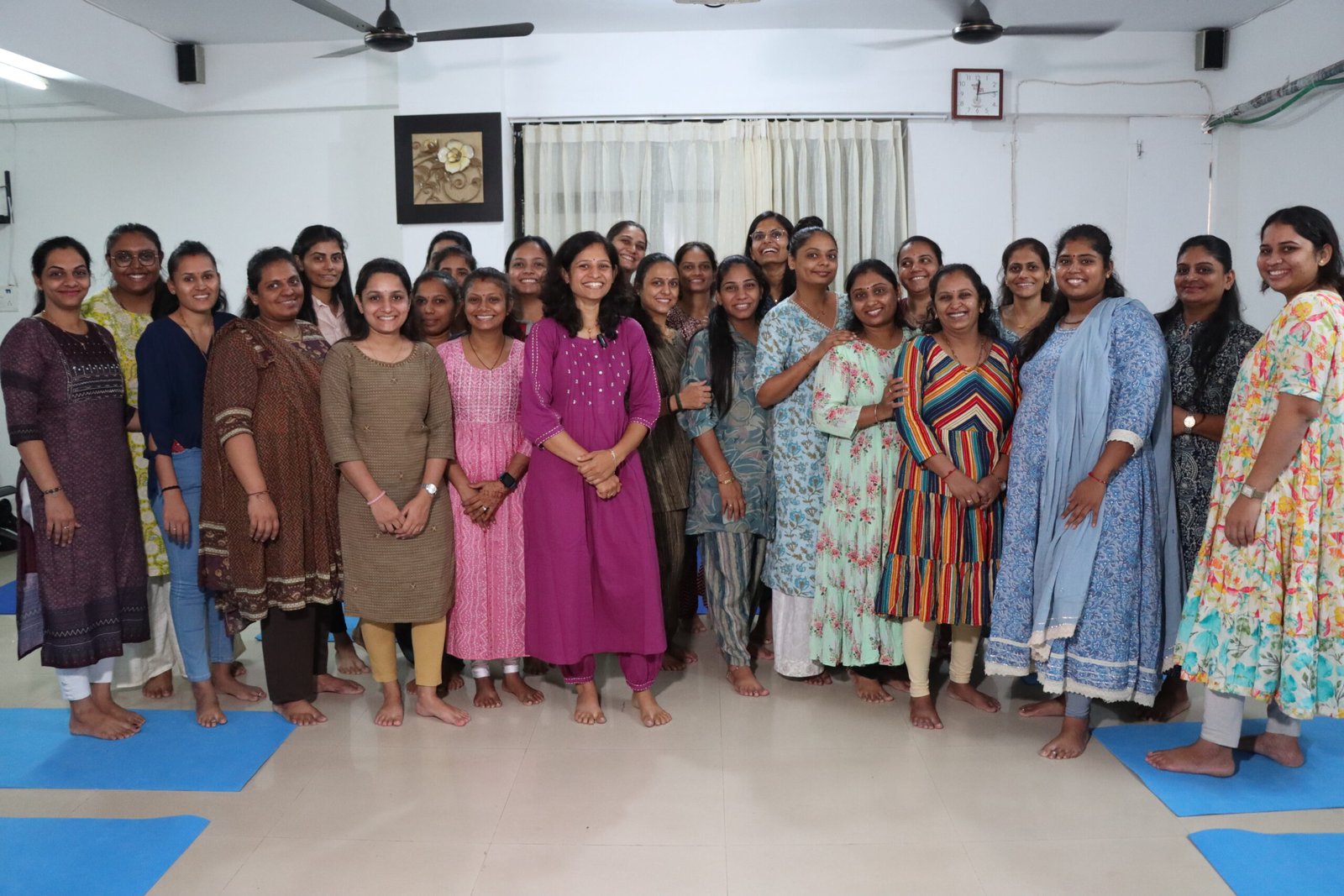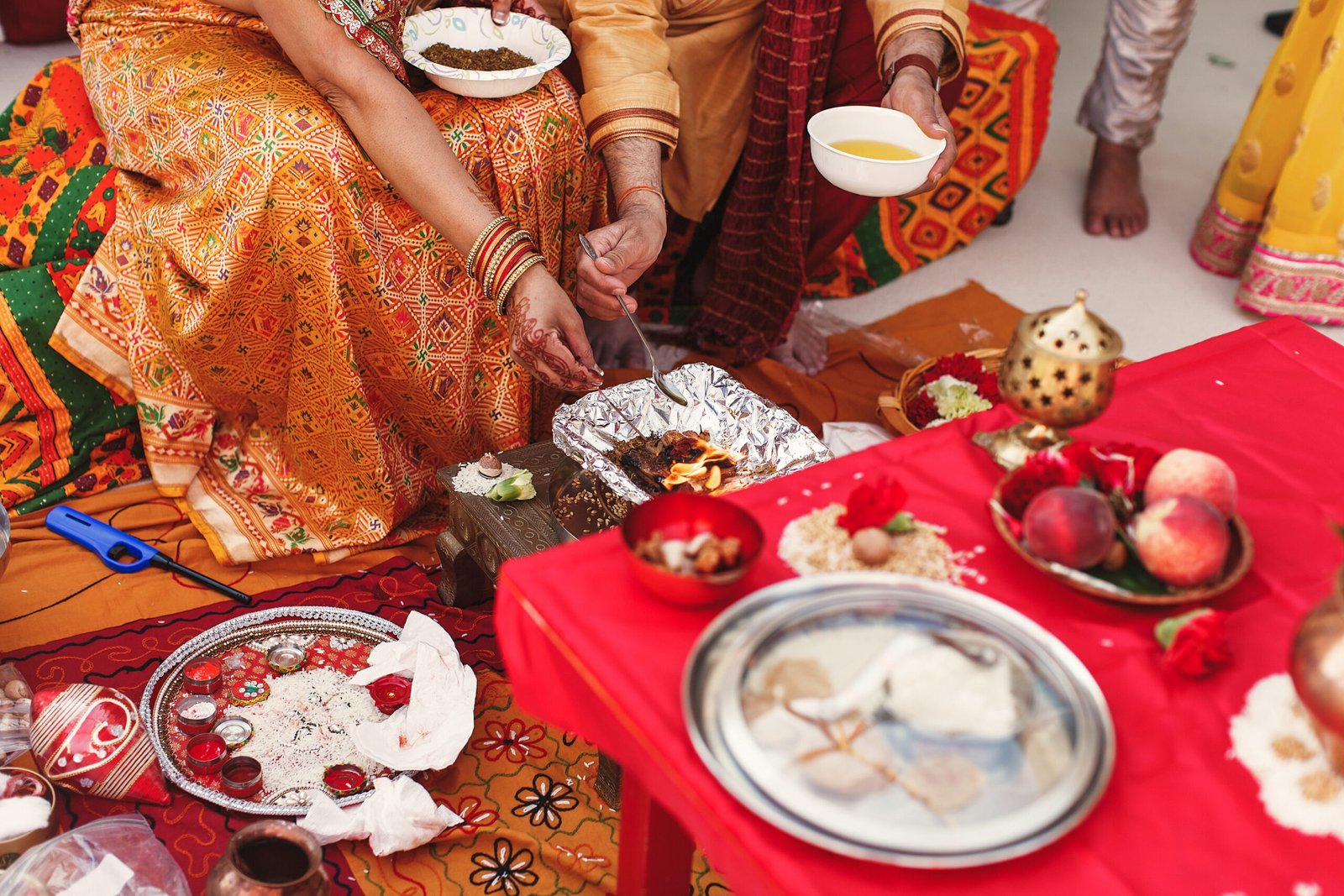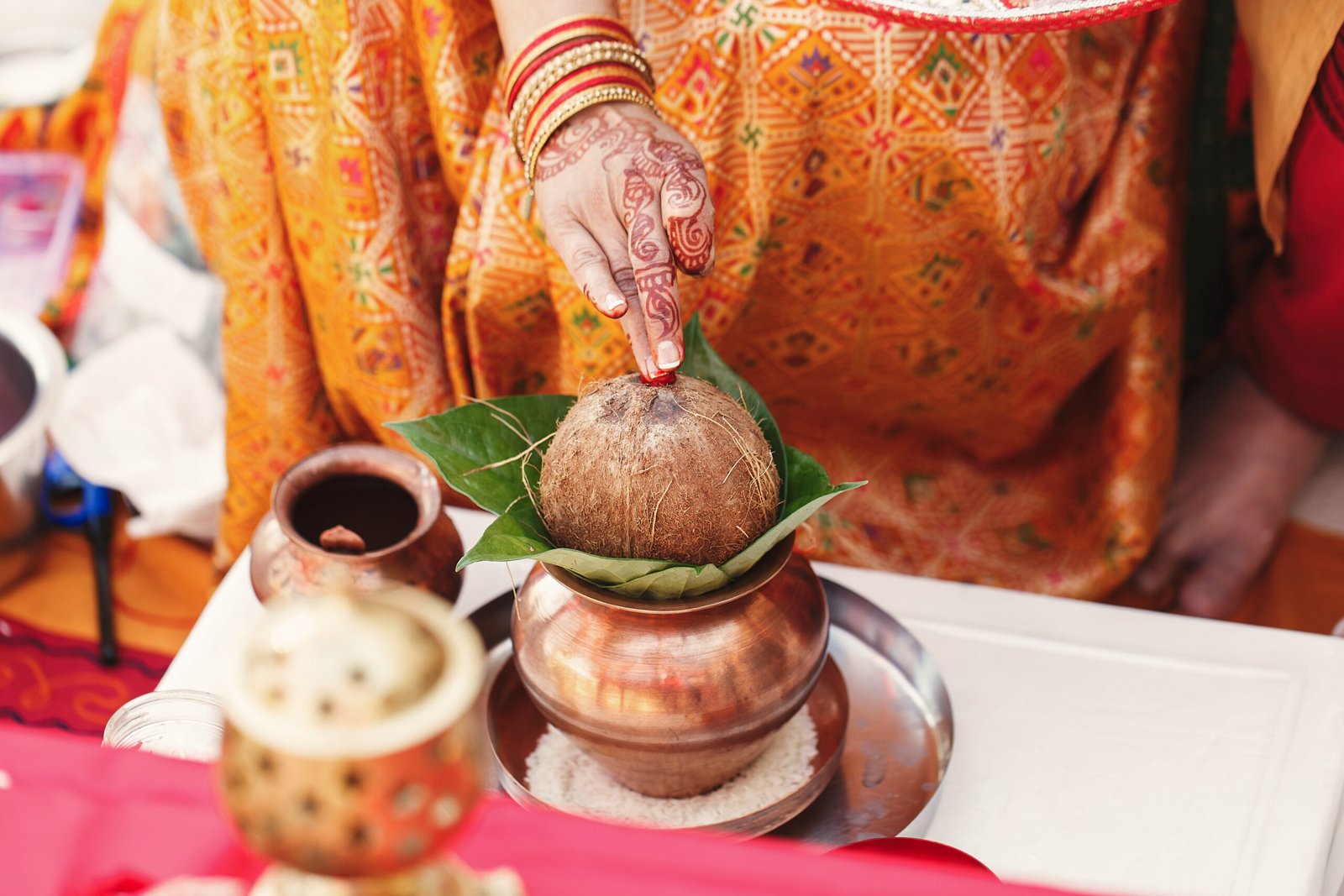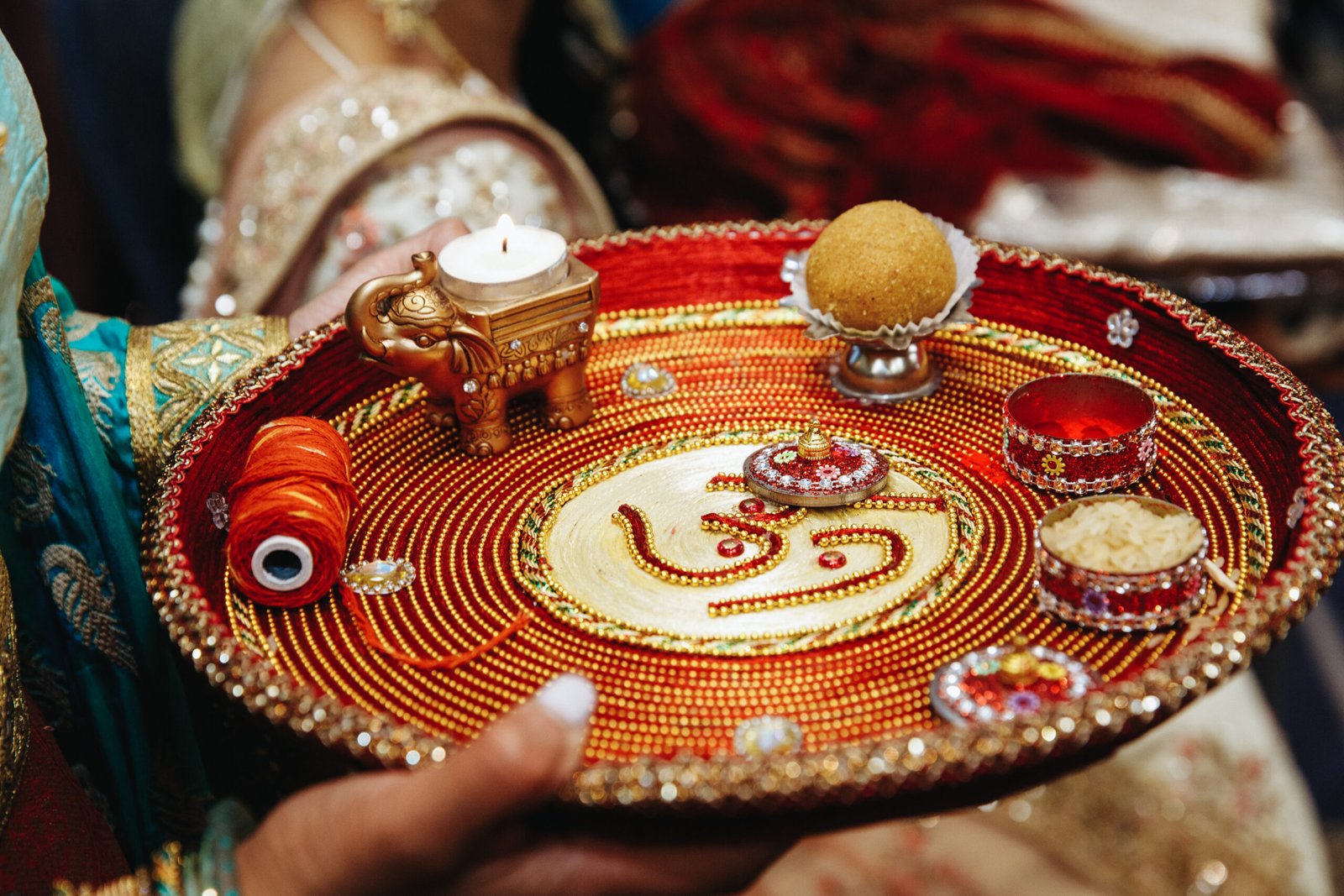Explore Our Easy-to-Understand Workshops.
Mom's Toolkit for Tomorrow
Welcome to The Mother Garbh Sanskar Academy, where we offer a range of classes designed to enhance the journey of pregnancy and parenting. Our classes and rituals are rooted in the ancient wisdom of Garbh Sanskar, fostering a positive and nurturing environment for both mother and child.

Traditional vedic studies to modern science leading with finely tailored to your preferences.
Always here to help with the best possible techniques.
Crafting Wellness in Womb
Join Our Garbh Sanskar Classes for Expectant Mothers
Only In Gujrati Language


Nutrition and Diet
Nutrition and Diet for a Healthy Pregnancy

Yoga and Meditation
Yoga and Meditation for Expectant Mothers

Vedic Activities
Vedic Activities for a Nurturing Pregnancy

Positive Thinking and Emotions
Positive Thinking and Cultivating Positive Emotions

Prenatal Care and Medical Support
Prenatal Care and Medical Support
Sacred Rituals for a Blissful Journey
Garbhsanskar Vidhi
We perform rituals, from Garbhadhan Sanskar to Karnabhedan Sanskar, we ensure trusted gurujis, favorable muhurts, and a simplified process for every stage – pregnant, pre-planning, or post-baby. Planning your Garbhsanskar Pooja for the well-being of both mother and childmade easy.
ALL THE MANTRAS & POOJA ONLY IN GUJRATI LANGUAGE

Agnihotra Yagna, for the pregnancy planning, involves a Vedic fire ritual where specific offerings are made into a sacred fire.
The ritual is often performed during specific auspicious times as per Hindu astrology and lunar calendars, taking into consideration factors such as the woman’s menstrual cycle and favorable planetary positions. The couple recite specific mantras (sacred chants) and prayers seeking blessings for a healthy and virtuous child.

Punsavan Sanskar is a significant ceremony performed during the 2nd and 3rd months of pregnancy in Hindu tradition. The term “Punsavan” is derived from Sanskrit, where “Pun” means purifying and “Savan” means ritual involving a sacrifice or prayer.
During Punsavan Sanskar, various rituals and prayers are conducted to invoke blessings for the pregnant mother and the developing fetus. The ceremony is designed to purify the environment, protect the mother and child from negative influences, and promote the physical and spiritual well-being of both.

Simantonnayan Sanskar is a traditional Hindu ceremony performed during the seventh month of pregnancys essentially a baby shower, celebrating the approaching arrival of the newborn. “Simantonnayan” is a Sanskrit term where “Simanta” refers to the parting of the hair on the head, symbolizing the end of the initial phase of pregnancy.
The mother is often showered with gifts, and symbolic offerings may be made to invoke prosperity and good fortune for the baby.

Namkaran Sanskar, also known as the naming ceremony, is a significant Hindu tradition performed a few days after a child’s birth.
Choosing a Name: The parents, often in consultation with elders or family members, choose a meaningful and auspicious name for the baby. The chosen name is formally announced to the family and community, marking the official naming of the child.

Nishkraman Sanskar is a Hindu ritual that celebrates a baby’s first outing. “Nishkraman” is a Sanskrit term where “Nish” means out, and “Kraman” means to move or venture out. This ceremony marks the symbolic introduction of the newborn to the external world.
Protection Rituals: To safeguard the baby from negative influences, protective rituals may be performed, such as applying kohl (black eyeliner) or using a small black mark on the baby’s body.

Annaprashan Sanskar is a Hindu ceremony that marks a child’s first intake of solid food. This ritual is typically performed when the baby is around six months old, signifying the transition from exclusive breastfeeding or formula feeding to the introduction of solid food.
The first solid food, known as “anna” (cooked rice), is chosen for the baby. This marks the beginning of the child’s culinary journey. The baby is fed the first spoonful of solid food by a family member, often the father or a respected elder.

Karnabhedan Sanskar - Ear Piercing Ceremony
Karnabhedan Sanskar is a Hindu ceremony that involves the ear-piercing of a child, typically performed during the seventh or eighth month after birth. “Karnabhedan” is a Sanskrit term where “Karna” means ear, and “Bhedan” means to pierce or perforate.Gold or silver earrings are commonly used.
Why Choose Us
Tradition Woven with Care: Your Moments, Our Expert Touch.
At The Mother Garbh Sanskar Academy, we stand as guardians of tradition, weaving the richness of cultural rituals into the tapestry of your life’s most sacred moments.
Enjoy personalized ceremonies, tailored to your preferences and reflecting the uniqueness of your journey.
Immerse yourself in rituals nurtured by generations, led by experts deeply rooted in the authenticity of cultural traditions.
Join a community that shares your values, offering not just celebrations but a network of shared joy and spiritual connection.
Navigate the planning process seamlessly, allowing you to focus on the sacred significance of your moments.

